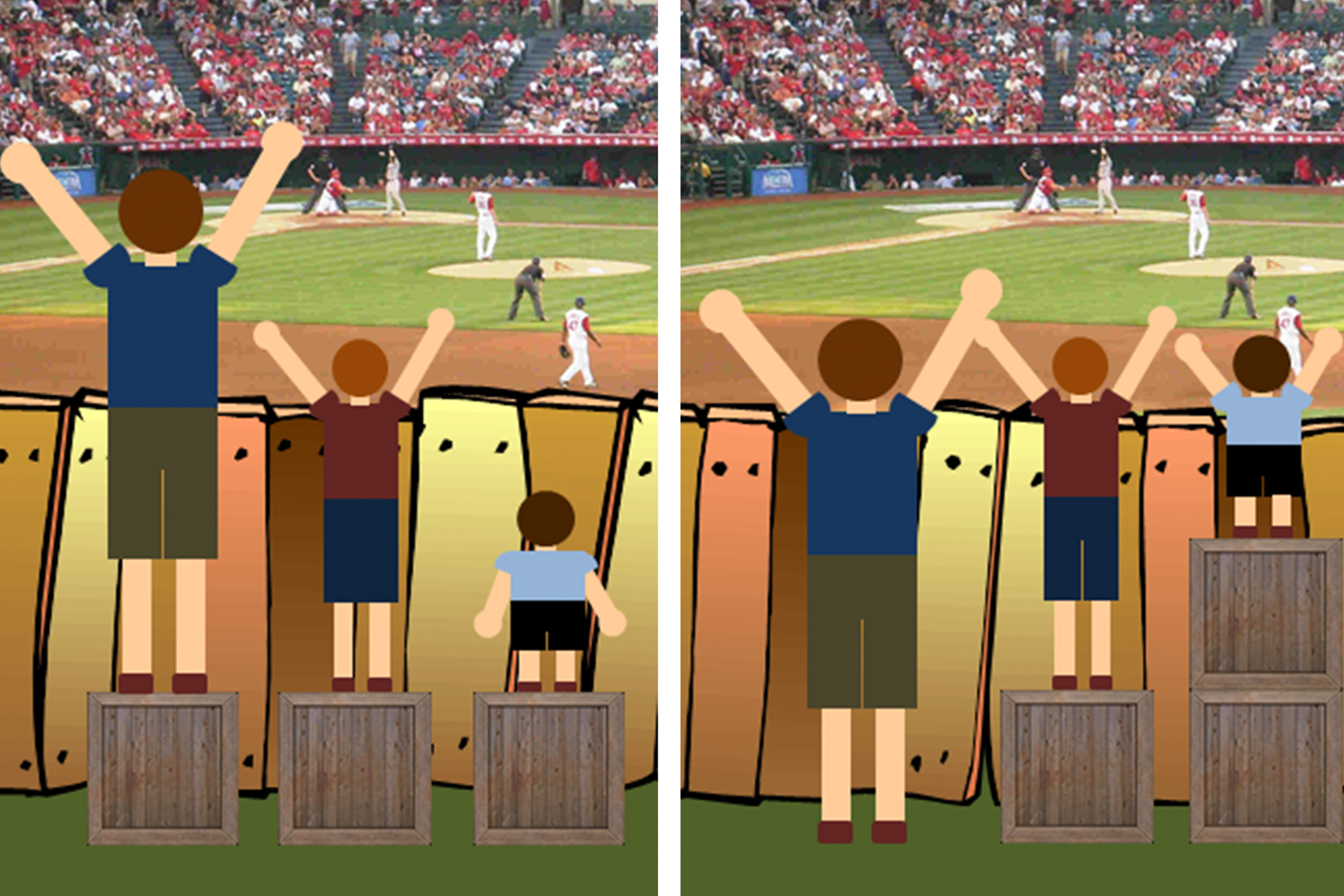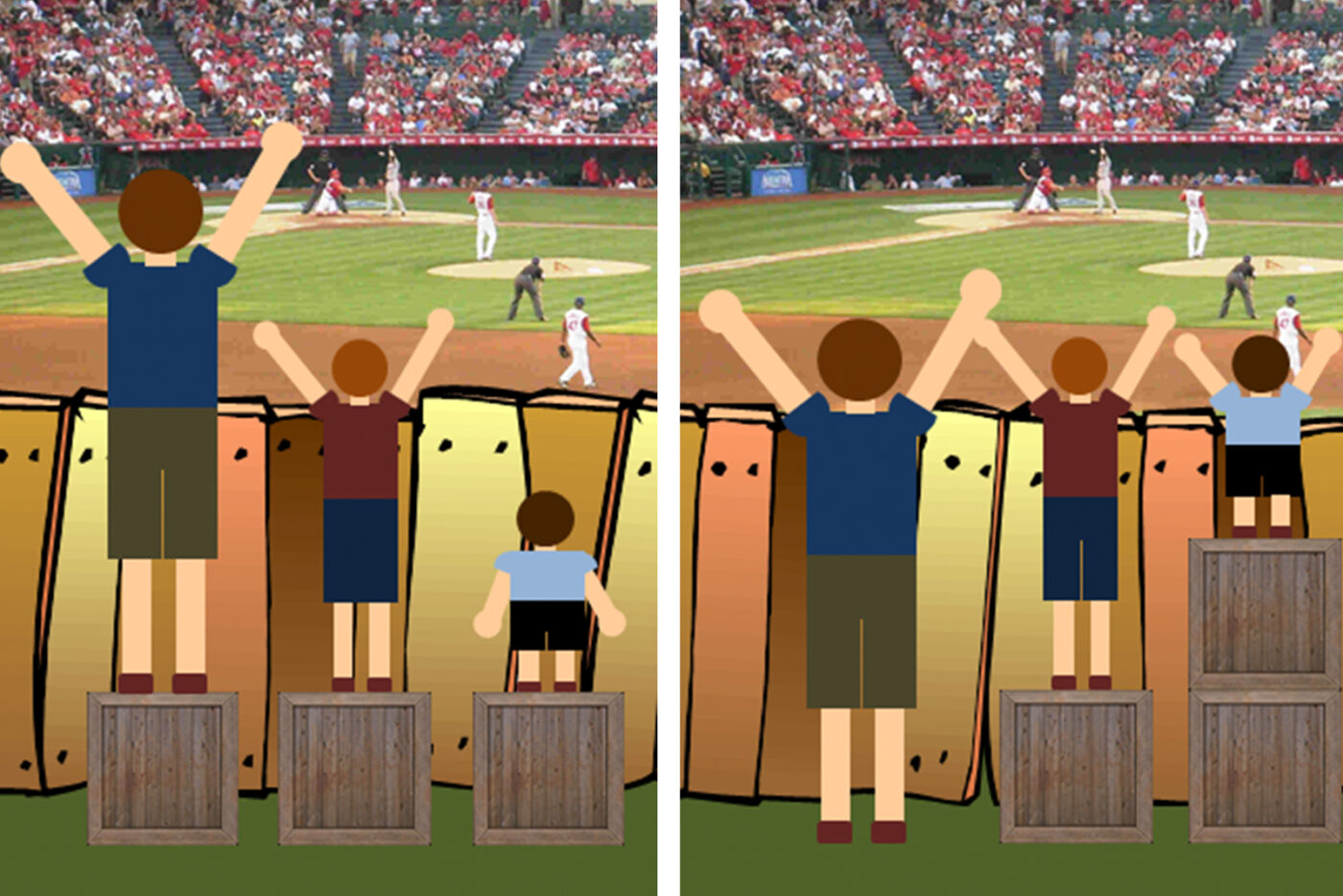Correct me if I’m wrong.
Let’s meet where you are.

Good morning everyone, this is your Captain speaking. We’re just finishing up some checklist items here in the cockpit then we’ll be on our way into the wild blue yonder.
Gas?
Check.
Bathrooms working?
Check.
Toilet paper stocked?
Check.
Sprite on board?
Check.
Alrighty. Flappy thingies?
Engaged.
This is a pre-flight checklist enactment according to my bestie, Katy, on a new bit we call, “Correct me if I’m wrong.”
While we do the bit for entertainment purposes, it’s actually got me thinking about some lessons hidden in there.
For example: if you were going to teach a complete stranger to juggle, what would your first steps be? NOTE: this assumes you know nothing of your new student. In this scenario, someone walks up to you on the street, grabs the next passerby, puts 3 balls in your hand and says, “Teach this stranger to juggle.”
So what would you do first?
Would you explain juggling?
Would you demonstrate juggling?
Would you give a history lesson about the roots of juggling and how archeologists discovered hieroglyphs from 1994 BC of women juggling?
Would you talk about the physics of juggling? Whip out a dry-erase board and some markers while discussing cascades, fountains, showers and half-showers?
Would you launch into a diatribe about the first time you went to the circus and saw a clown juggling flaming bowling pins and how one of the pins went rogue and sent your pant leg up in flames and now how you can neither go to the circus, look at clowns, bowl or wear pants?
NOTE: this exercise assumes the random passerby is not a therapist.
Would you give the 3 balls to your new student and ask them to show you how much juggling they can do?
For all we know, they might already know how to juggle. In fact, they might be quite good at it and in a student-becomes-teacher switcheroo, have some juggling wisdom to impart.
I think most of us might default to one of the earlier options (imparting our level of wisdom on the topic). I know that’s my default, my M.O. if you will.
However, history has shown me that when I defer to my default, I miss out on some opportunities to learn from that person in front of me.
In fact, the word “default” should be my first clue not to refer to or depend on it. To default means to fail in fulfilling an engagement or claim or obligation. It’s as if the lesson writes itself … when we refer to our default, we’re failing to fulfill an obligation to others, to opportunities, to ourselves.
That’s part of the reason I love this new bit that Katy and I are developing.
“Correct me if I’m wrong” starts out with the “non-expert” talking about what they know about the topic with the “more expert” prompting or guiding the discussion from there.
When we default to spouting our expertise about a topic, we fail to be filled with some gems of insight, some gaps in our own knowledge, and, let’s face it, some humor.
So when I, the pilot, give the controls to non-pilot Katy to explain flying a plane, I get insight into what she thinks or knows about becoming a pilot, flying and what’s happening in the cockpit. With that insight comes some real gems. My attempts at polishing some of those gems reveal gaps in my own recollections of tasks I’ve long since relegated to auto-pilot. And through all those polished and raw-cut jewels are precious accessories of laughter and priceless ridiculousness.
In 2012, Craig Froehle, a PhD in Operations Management (read: super-smart dude), made a graphic that has since been adapted, stolen, modified and memeified. Memeification is the equivalent of “having arrived” in the worlds I aspire to arrive in.
Dr Froebel created the graphic to illustrate equal opportunity as compared to equality of outcomes, also known as equality as compared to equity.
Equality is giving the same resources or opportunities to everyone.
Equity allocates resources and opportunities based on the different circumstances of each person in order to reach an equal outcome.
To mo-ify the discussion, equality is assuming you know more about juggling than the random passerby does. Equity would be handing them the balls to find out where they are with respect to juggling, then starting the lesson or discussion from there.
Equity is when I correct Katy if (when) she’s wrong about plane-flying stuff because it gives her the opportunity to let me know where she’s at with her knowledge so I can meet her where she is.
In a world caught up in treating everyone the same, we miss out on the very truth that we are not all the same.
Meeting people where they are gives us a chance to see the world from a different perspective, re-learn things that have become second nature to us and most importantly, we unearth humor in the way things are or the way things seem to those outside our own world.
Meeting people where they are gives us a chance to challenge the oft-spouted explanation for why we do things a certain way, “Because that’s the way we’ve always done it.”
Challenging the status quo to see if it deserves to stay the quo is a fantastic chance to improve the way we do things. The way we’re doing it might be the best way, but if we meet others where they are, we are exposed to their insights, our unintentional blindness and for all the worlds I aspire to live in, humor.
So correct me if I’m wrong, but an untrained pilot talking about pilot stuff is entertaining, insightful, blindness-illuminating and funny.

